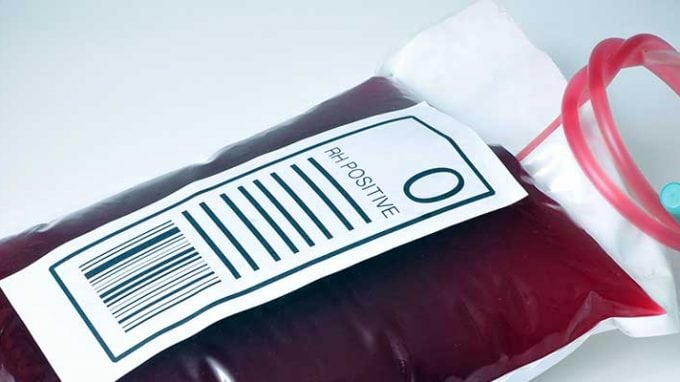A new study from Yale University has found that women with type O blood tend to have fewer eggs and lower success rates during in vitro fertilization.
Roughly 10 percent of all women have trouble conceiving and successfully giving birth. New medical innovations sometimes make it easier for these women to carry a healthy child to term, but treatments often require knowledge of the underlying cause of infertility. According to a 2011 study by researchers at Yale University and the Albert Einstein College of Medicine, it turns out that one surprising cause of infertility may be a woman’s blood type.
How Did the Study Link Blood Type to Fertility?

However, the researchers then realized that women with blood type O had extremely high levels of follicle stimulating hormone. These hormone levels occur in women with diminished ovarian reserves, and the study data indicated that women who had blood type O were twice as likely to have low levels of eggs. Though low levels of eggs may not harm fertility at a young age, it makes it less likely that women will become pregnant once they are over the age of 30. Therefore, the findings from the study indicate that women with blood type O may be up to twice as likely to have trouble getting pregnant as time passes.
Does Blood Type Also Affect Fertility Treatment?
Further research done by the same team in a 2015 study found that blood type also seemed to alter the success rate of in vitro fertilization. The previous study had noted that only 4 percent of the women with fertility issues had type B blood, and the next study further confirmed the findings that type B blood seems to aid in fertility. While women with blood type O were more likely to have diminished ovarian reserves and trouble with IVF treatments, women with blood type B were more likely to have successful live births after having an IVF cycle.
Why Does Blood Type Affect Fertility?
The researchers theorize that blood type affects fertility because of differences in enzymes. People with blood types A, B and AB all have enzymes called antigens that modify the surface of each blood cell. People with type O blood do not have any antigens on the surface of their blood cell. It may be possible that the enzymes in people with type A, B or AB blood have a protective or stimulating effect that encourages ovarian follicles to grow and mature. Even if the enzymes are not directly affecting fertility, the genes associated with blood type may contain genetic material that is altering fertility outcomes. More research will need to be done to understand why there is such a strong link between blood type and infertility.
Is There Hope for Women With the Type O Blood?
It can be intimidating for women with blood type O to hear that they have diminished ovarian reserves and lowered chances of successful IVF treatments. However, fertility experts emphasize that diminished ovarian reserves do not mean that infertility is inevitable. They encourage women with blood type O to just be slightly more cautious about protecting their ovarian reserves. Therefore, it is probably wise for women with this blood type to stop smoking and try to live a healthy lifestyle. They may also have more fertility success if they try to get pregnant sooner rather than later in life.




